Travelling Overseas?
What you need to know before you go.
Travel Vaccination Service.
Finding out what you need
If you plan to travel outside the UK, it is possible that you may need to be vaccinated against some of the serious diseases found in other parts of the work.
In the UK, our childhood immunisation programme provides protection from a number of diseases but it does not cover many of the infectious diseases native to other countries. To find out which vaccinations are necessary or recommended for the areas that you plan to travel to and for general travel advice, we recommend the Travel Health Pro website.
You may be able to see your immunisations via the NHS App. If you need a print out from your records, please ask the reception team. Once you have got travel advice and know which vaccines you require you can book a nurse appointment to have any NHS vaccines required (see below for details NHS funded vaccines)
Travel Vaccination Service.
Are travel vaccines free and where can I get them?
Some travel vaccines are free of charge and provided by the NHS because they protect against diseases that would present the greatest risk to public health if they were brought into the country.
Polio (given as a combined Tetanus/Diphtheria/Polio vaccine) - lasts for 10 years
Typhoid - lasts for 3 years
Hepatitis A - a course of 2 injections lasts for 25 years from the 2nd injection
Cholera - a course of 2 doses lasts for up to 2 years - Dependant on destination - This oral vaccine is recommended for those whose activities or medical history put them at increased risk. This includes: aid workers. those going to areas of cholera outbreaks who have limited access to safe water and medical care *Those for whom vaccination is considered potentially beneficial.
The following vaccines are NOT provided by the NHS. These have to be administered and paid for at a private clinic. (The surgery no longer provides private travel vaccinations due to the pressure on our NHS services.)
Many people will already be vaccinated against Hepatitis B, Meningitis and Tuberculosis as part of their routine childhood immunisations. The cost of these vaccines will vary according to which vaccine it is and how many doses you need. If you require any of these non-NHS vaccinations, there are a number of private travel clinics operating locally, the details of which can be found online. One example is Masta Health.
Hepatitis B
Japanese encephalitis
Meningococcal meningitis
Rabies
Tick-borne encephalitis
Tuberculosis (TB)
Yellow Fever
Anti-malarial tablets are NOT provided by the NHS. These may be obtained as a private prescription from the surgery as we are aware that private travel clinics may not provide these for children.
Fear of flying?
Barbourne Health Centre will not prescribe Diazepam for patients who wish to use this for fear of flying. Our reasons for this decision are listed below:
Diazepam is a sedative. This means the medicine makes you sleepy. If there was an emergency during the flight this could impair your ability to concentrate, follow instructions or react to the situation. This could seriously affect the safety of you and the people around you.
Sedative drugs can make you fall asleep, however when you sleep it is unnatural non-REM sleep. This means your movements during sleep are reduced and this can place you at increased risk of blood clots. These blood clots are very dangerous and can even prove fatal. This risk increases further if your flight is over four hours long.
Although most people respond to benzodiazepines like diazepam with sedation a small proportion experience the opposite effects and can become aggressive. They can make you behave in ways you normally wouldn’t. This could also impact on your safety and the safety of your fellow passengers or could lead you to get in trouble with the law.
National prescribing guidelines followed by doctors also don’t allow the use of benzodiazepines in cases of fear or phobia. Any doctor prescribing diazepam for a fear of flying would be taking a significant legal risk as this goes against these guidelines.
Benzodiazepines are only licensed for short term use in a crisis in generalised anxiety. If this is the problem you suffer with, you should seek proper care and support for your mental health and it would not be advisable to fly.
In several countries, diazepam and similar drugs are illegal. They would be confiscated, and you might find yourself in trouble with the police for being in control of an illegal substance.
We appreciate a fear of flying is very real and very frightening. However, there are much better and effective ways of tackling the problem. We recommend you tackle your problem with a fear of flying courses which are run by several airlines. They are far more effective than diazepam, have none of the undesirable side effects and the positive effects of the courses continue after the courses have been completed.
Some of the courses on offer include:
britishairways.com/en-gb/information/travel-assistance/flying-with-confidence
gatwickairport.com/at-the-airport/passenger-services/travel-advice/fear-of-flying/
Where to find up-to-date, reliable information.
-
NHS Fit For Travel
Information on vaccinations, health conditions, and how to stay well when travelling abroad.
-
UK Government Travel Advice
Up-to-date guidance from the UK government, including safety advice and Brexit guidance.
-
Travel Health Pro
Information for travellers from Public Health England and other health governance bodies.
-
British Consulate Directory
Support when you’re abroad, if something goes wrong.
-
NHS Travel Vaccincations Advice
Information regarding how and when to book vaccines, also what vaccines are free and chargeable on the NHS.
